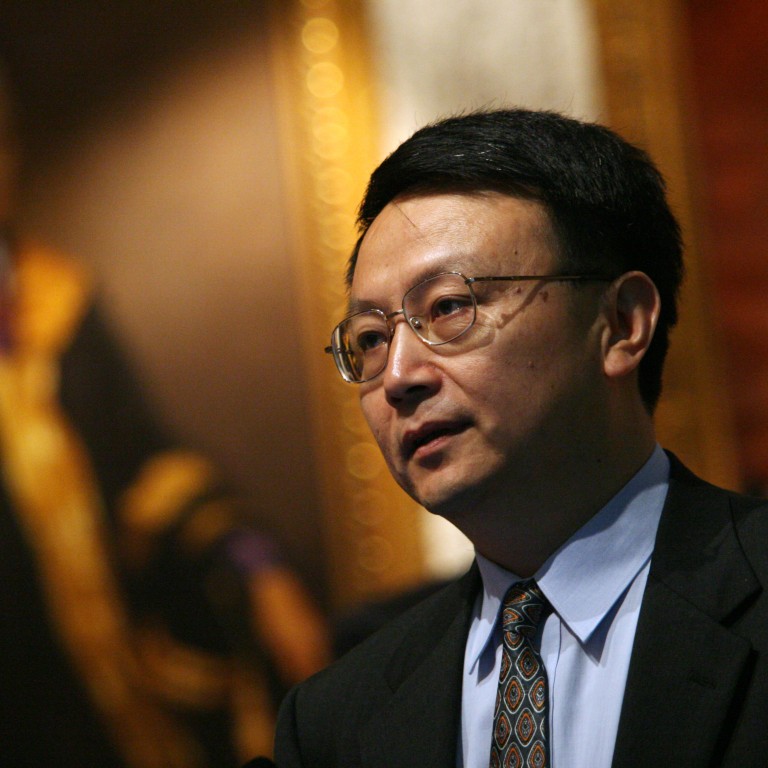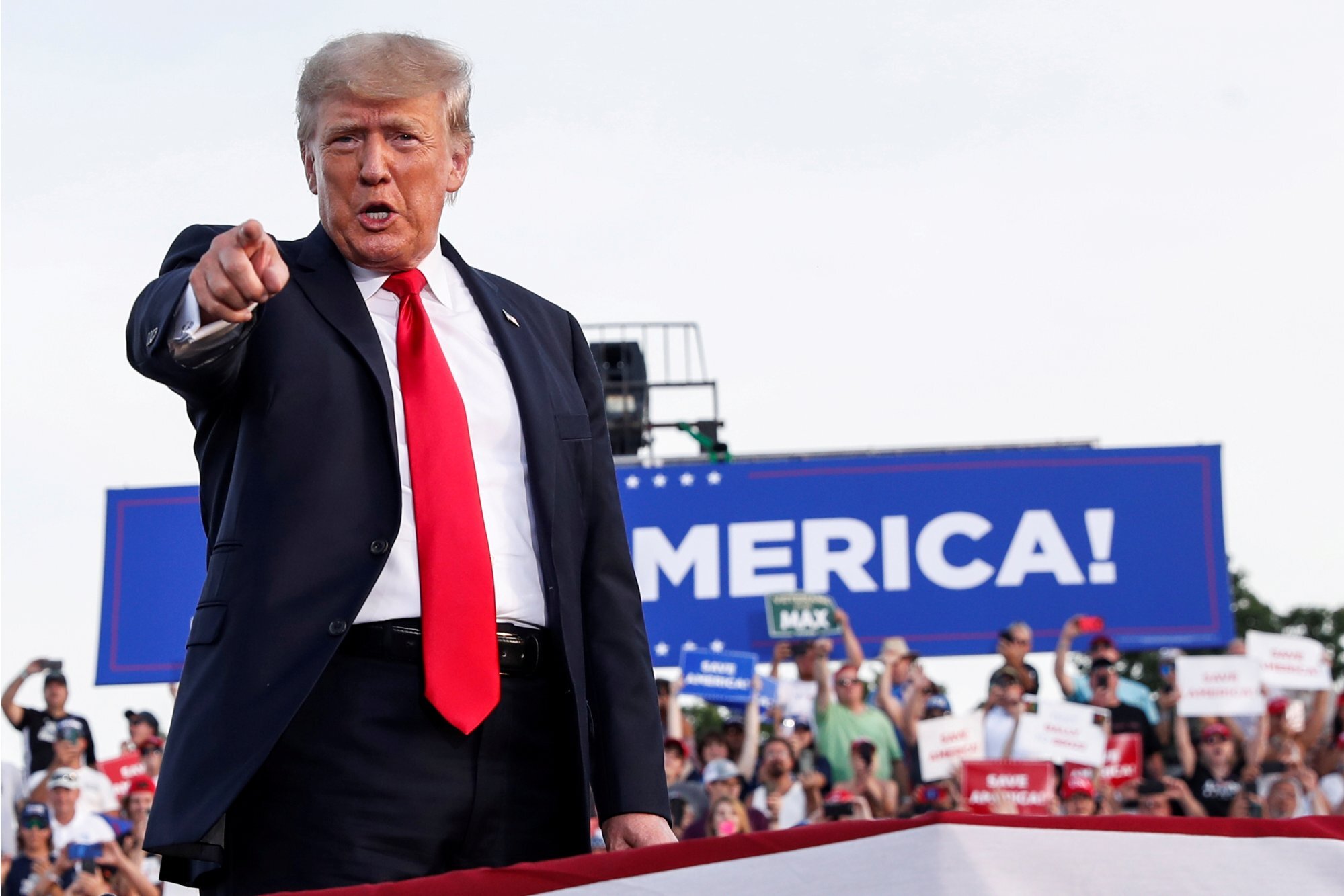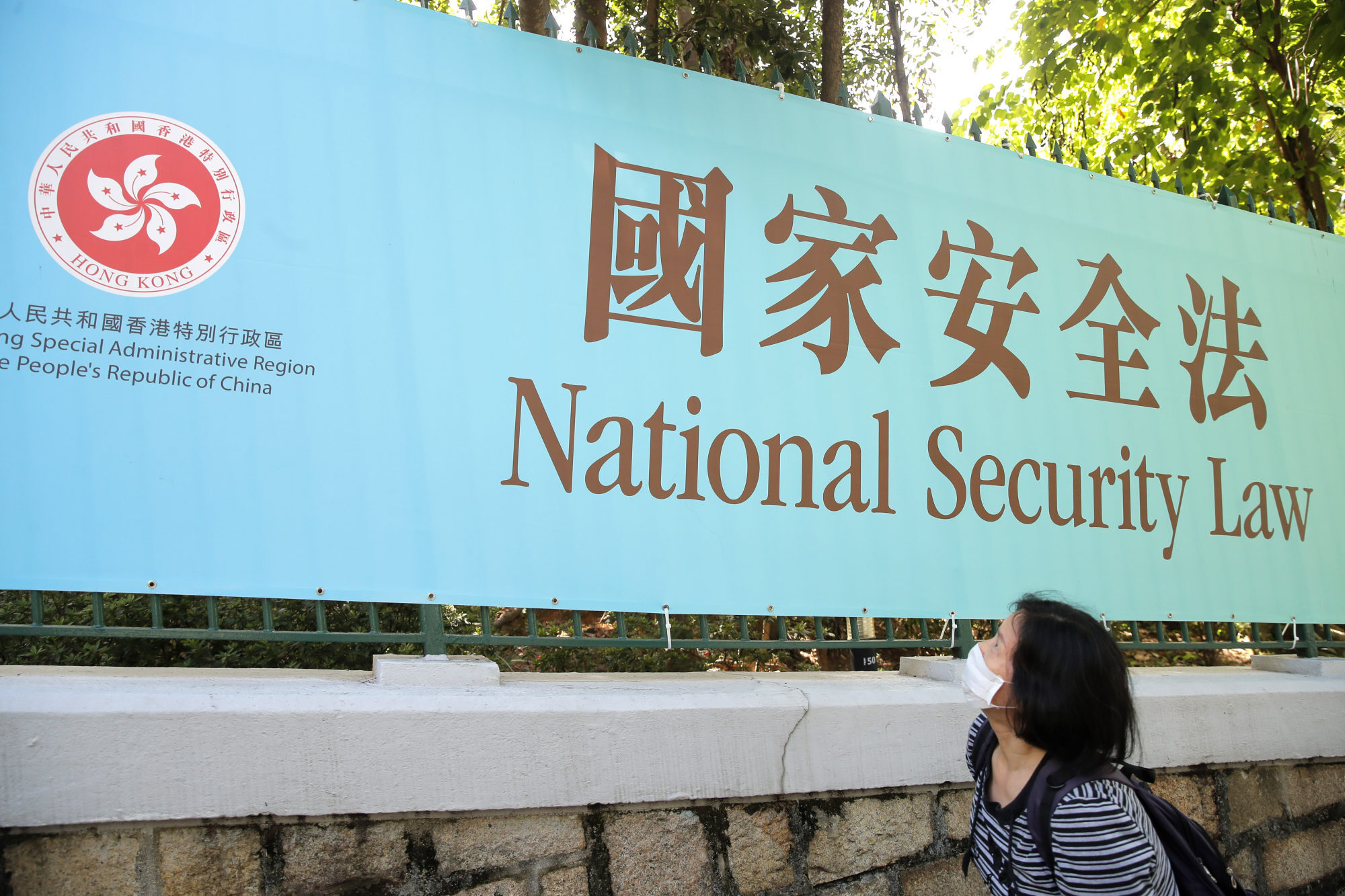
Restricting academics makes it harder for China to tell its own story
- By clamping down on the freedom of scholars to have frank discussions with their Western counterparts, Beijing is copying one of the worst aspects of the Donald Trump administration
- Hong Kong was once an escape valve for discussions on China, but the national security law has changed the atmosphere
We’re not talking here about allowing Chinese scholars access to US physics and computing labs that some fear might mean that the latest information about AI or rocket technology might find its way to Beijing by underhand means.
Senior specialists on international relations, trade policy and Chinese politics had their multiple-entry visas revoked. Students in these areas were told they might not be able to take up their places to study.

The South China Morning Post has reported signs of the dangers in the past few months. Jia Qingguo, professor of international relations at Peking University and a delegate to the CPPCC (Chinese People’s Political Consultative Conference), warned in March that excessive demands for permission to meet foreigners were hampering research.
This is a recipe for deep damage to the academic links that remain one of the most important forms of dialogue between China and the West.
In Hong Kong’s national security law era, echoes of Ireland’s Troubles
The regulations misunderstand the nature of how scholarly links actually work. The most important elements are rarely the formal presentations with prepared speeches. Rather, it is the meetings, the ability to meet and talk repeatedly, to swap ideas, to disagree about interpretations in a friendly but robust way. They are about abandoning political and ideological straitjackets, and getting past the brash certainties of governments. The best academic conversations take place when hierarchies have broken down (baijiu may be involved), and when the young graduate student who knows all there is to know about the sociology of Chengdu or the career structure of bureaucrats in Henan finds she is sufficiently emboldened to tell the elderly professor (me, probably) why he is wrong. That is an ethos that takes a while to develop, even in person. It’s even more difficult on Zoom. It’s completely impossible if the student or her senior colleagues are forced to fill in forms and undertake full reports on what was said each time they want to have an academic conversation – particularly one where the point is to think outside the box rather than paint the inside of the box bright, ideologically correct red.

China has been at great pains to showcase its new-found confidence in its model, and demands that the world take it seriously. There are good reasons to do so. But the people most able to have that discussion – the social scientists and humanists who understand the details and intricacies of China’s past and present – need to be able to engage in a complex discussion, not a propaganda stand-off.
Scholars of China have learned immense amounts from their Chinese colleagues and mentors at the great universities, often working under the most difficult conditions. It should be a point of pride for China that the best works in social sciences and humanities on the country come from within China itself. China’s leaders have talked about the need for ordinary citizens to develop a “scientific spirit”. But that is the thing about science – and social science. It does not care about political boundaries. It cares about the truth.
Rana Mitter is Director of the University China Centre at the University of Oxford and author of A Bitter Revolution: China’s Struggle with the Modern World and China’s War with Japan, 1937-45: The Struggle for Survival

